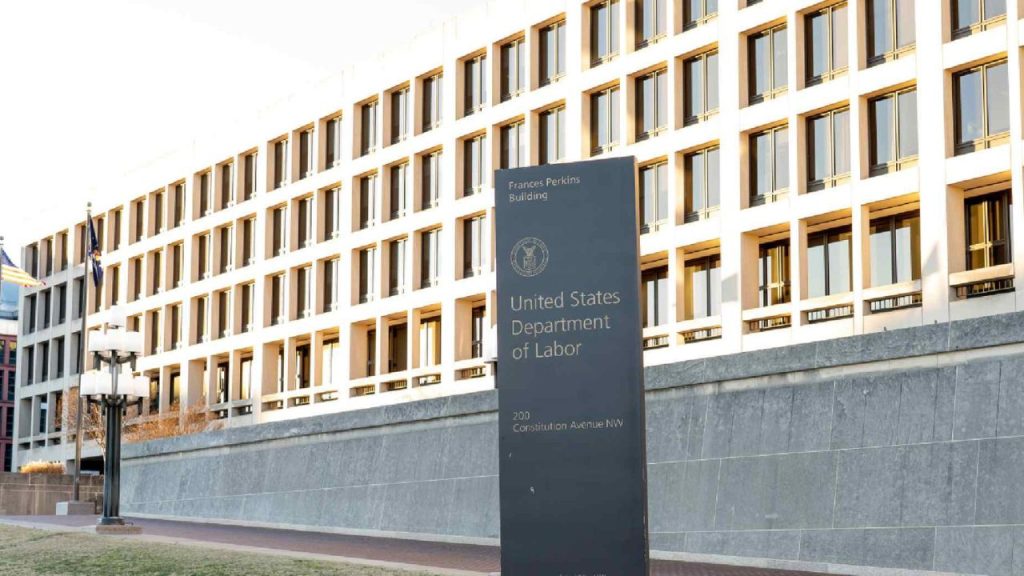The working conditions in the United States have been declining for several decades. Workers have seen a systematic deterioration of conditions due to the demise of the unions and the weakening of labor protection laws.

Workers have had enough of the unfavorable and exploitative working circumstances they have been subjected to and are seeking a more appropriate work-life balance. This is seen in the rise in the popularity of unpaid internships and some employers’ encouragement of 80-hour work weeks.
A Recently Passed Bill that Would Help Millions of Americans:
For many years, US working conditions have been declining. Employees have been systematically deteriorating conditions due to unions’ demise and labor laws’ erosion. Employees are demanding a fairer work-life balance as they have had enough of the unjust and exploitative working circumstances that have been their lot, from unpaid internships being the standard to some employers encouraging 80-hour work weeks.
The first step toward achieving work-life balance would be to be fairly rewarded for your labor. Although wage freezes appear across the country, the same cannot be said for the time workers work unpaid overtime or outside their contracted hours.
To address this problem, the U.S. Department of Labor has established a new standard enabling 4.3 million workers to be eligible for overtime compensation at the current overtime rates.
The Fair Labor Standards Act, which states that workers who put in more than 40 hours a week are entitled to 1.5 times their usual pay for each additional hour, is the legislation that is now in effect. The majority of workers are covered by the bill, which makes it very comprehensive. However, salaried employees are only eligible for overtime compensation if their take-home income falls below a specific threshold; this means that individuals who make more than this amount are not required to get overtime pay. Employers are free to decide whether or not to require employees to work longer hours without receiving more pay.
A Revised Version of the Overtime Pay Statute:
Numerous people have criticized this method for being unfair, and legislators are finally beginning to hear about it. Acting Secretary of Labor Julie Su offered her thoughts about the new regulations. “Too often, salaried workers who earn less money do the same work as their hourly counterparts, but they get paid less for taking longer breaks from their families.”
American businessman John Legere, the former CEO of T-Mobile US and company president, seemed enthusiastic about the structural changes. He expressed this excitement in a post on X (previously Twitter). This week, there have been a lot of changes for employees! After most non-competes were terminated, 4.3 million employees are being paid extra for overtime. How do you feel about these recent adjustments?
Most workers will benefit more from regulation of the matter than from internal company policy and company discretion about overtime pay; yet, certain employees may not be eligible for overtime pay under the new law.
In the modern era, overtime compensation is required under the Fair Labor Standards Act for all workers earning less than $684 per week, or $35,568 annually. This only applies to salaried workers; many other professions, such as those in the service sector, will continue to be underpaid and may need to work overtime in exchange for tips.
The Labor Department’s new threshold will take effect on July 1st and increase the salary ceiling to $844 per week or $43,888 annually to qualify for obligatory overtime compensation. This will give businesses a short window of time to react and reallocate workloads or cover the additional costs. There are plans to increase the number of qualified workers to keep up with inflation and labor shortages, which may push businesses to abuse their employees. This is not the first threshold hike that we will see. The ceiling will increase by January 2025 to cover employees earning $1,128 per week and $58,658 annually. It will be revised every three years to ensure more workers are eligible for the additional compensation.
The Economic Policy Institute’s analysis indicates that 4.3 million salaried workers—2.4 million women and 1 million persons of color—will profit from the new policy.
To Know More Latest Finance News then Visit – stevedigioia.com



